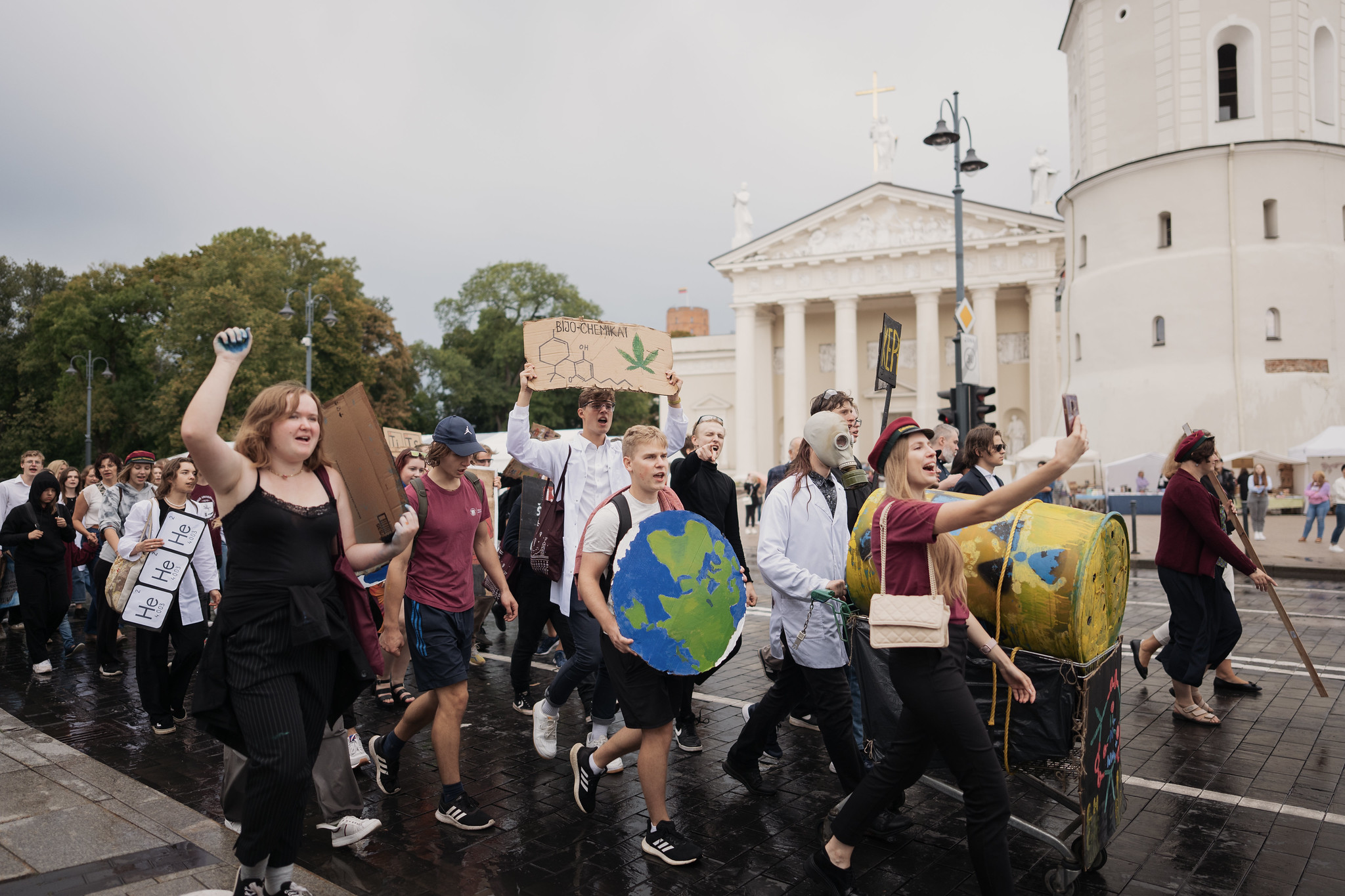Arqus Joint Call for Blended Intensive Programme on Challenge-Based Learning
 The Arqus Alliance of European Universities invites its community to apply for the Erasmus+ Blended Intensive Programme (BIP), which is based on Challenge-Based Learning (CBL). This multidisciplinary program will encompass various fields of knowledge, engaging professors, students at different academic stages (Bachelor’s and Master’s), and university staff. The programme starts at the beginning of March.
The Arqus Alliance of European Universities invites its community to apply for the Erasmus+ Blended Intensive Programme (BIP), which is based on Challenge-Based Learning (CBL). This multidisciplinary program will encompass various fields of knowledge, engaging professors, students at different academic stages (Bachelor’s and Master’s), and university staff. The programme starts at the beginning of March.
The program will delve into the causes and effects of climate change, exploring how citizens can and must mobilise to tackle these challenges and foster climate resilience.
The Focus of the Programme
Climate change is increasingly disrupting ecosystems, threatening the social well-being of citizens, and impacting the essential life cycles necessary for planetary sustainability. Through the analysis of greenhouse gas (GHG) emissions and their contribution to global warming—or as UN Secretary-General António Guterres aptly termed, the “era of global boiling”—the program will address critical topics, including:
• Air quality
• Resource management
• Renewable energy
• Coastal impacts
• Land use and misuse
• “Smart and sustainable” cities
• Legal and educational challenges
• Smart farming (towards “zero hunger”)
• And much more.
Structure of the Programme
The program combines hybrid learning: weekly online lectures, challenge-based team research project, face-to-face session at University of Granada. Key features include:
1. Student Research Projects
• Students will work in groups to investigate specific topics, gathering information from academic and local institutional or corporate sources.
2. Mentorship
• Local academics will mentor students from their universities.
• Students will collaborate with specialists from other universities to complete their projects.
3. Peer Review and Discussion
• Student work will undergo peer review by students from other universities.
• General topics of interest will be discussed through online meetings, featuring guest experts and student participation.
Program Timeline (March–June 2025)
• Online Lectures: March to June (10 weeks; 1–2 sessions per week)
• Collaborative Learning: March to June (1–2 teams per university, guided by 1–2 professor mentors)
• Face-to-Face Phase: 5–9 May 2025 (5 days of in-person activities)
• Student-Led Forum (Online): 16 June 2025 (indicative date)
Participants will progress through structured phases, with opportunities for mini-exploration cycles and the flexibility to revisit earlier stages if necessary. This collaborative process will prepare learners for subsequent phases.
The program aims to engage students in the fields of climate change and sustainability by facilitating the development of declarative knowledge (factual information), procedural knowledge (process-related information) and structural knowledge (higher-order relationships and organising principles). This approach will also foster collaborative learning.
Selection criteria:
• A Cover Letter (maximum 500 words) explaining why a student wishes to participate in the program and how this program aligns with the student’s future career goals.
• Annual Grade Point Average (GPA): ≥ 8.00
For Vilnius University students: The registration deadline is 1 February. Submit your application via email: .
Six students from Vilnius University will be selected to participate in the program and attend the live face-to-face meeting in Granada. The students selected will receive 1200 Eur each to cover travel costs.